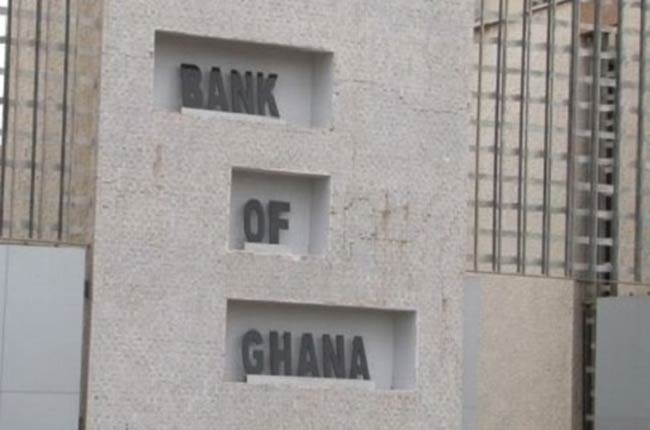Ghana's central bank left its monetary policy rate steady at 16.0 percent, citing balanced risks to inflation and economic growth.
The Bank of Ghana (BOG) has maintained its rate since cutting it by 100 basis points in January 2019 as it gradually continued an easing cycle that began in November 2016. Since November 2019 the rate has been lowered by 10 percentage points.
Growth in Ghana's economy remains robust and broad-based although at a moderate pace relative to 2018, with consumer confidence rebounding and business "fairly optimistic,"BOG said.
The latest composite index of economic acuity was up 3.1 percent year-on-year in November 2019 but down from 4,8 percent in the November 2018, with December confidence surveys showing a significant improvement in consumer confidence while business confidence softened due to exchange rate depreciation in November.
Gross domestic product in the first three quarters of 2019 averaged 6.0 percent, almost unchanged from 6.1 percent in the same 2018 period, and overall growth for 2019 is projected to be close to 7.0 percent.
The external sector remains strong, BOG said, noting the trade surplus had risen for the third consecutive year, helping narrow the current account deficit further to 2.5 percent of GDP in 2019 from 3.1 percent in 2018, and helping foreign reserves rise an additional US$1.3 billion to $8.4 billion at the end of December from $7.0 billion in December 2018.
This should help ensure stability in the foreign exchange market where the cedi fell 12.9 percent against the U.S. dollar in 2019 compared with a 8.4 percent fall in 2018.
But as of Jan. 29, BOG said the cedi had recovered, appreciating 0.3 percent compared with depreciation of 2.5 percent in the same 2019 period.
Ghana's inflation rate has been in single digits since June 2018 and recently remained steady around the central path of 8.0 percent, with various measures of underlying inflation well-contained.
In December Ghana's headline inflation rate eased to 7.9 percent from 8.2 percent in November.






























